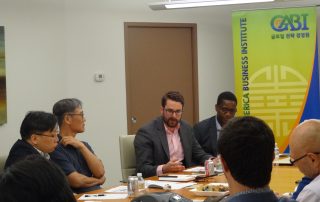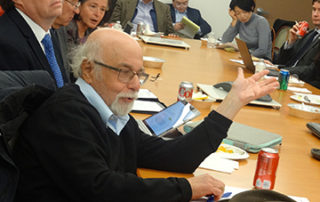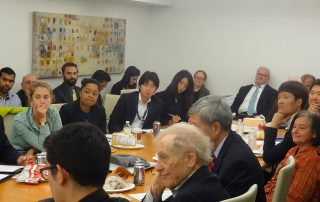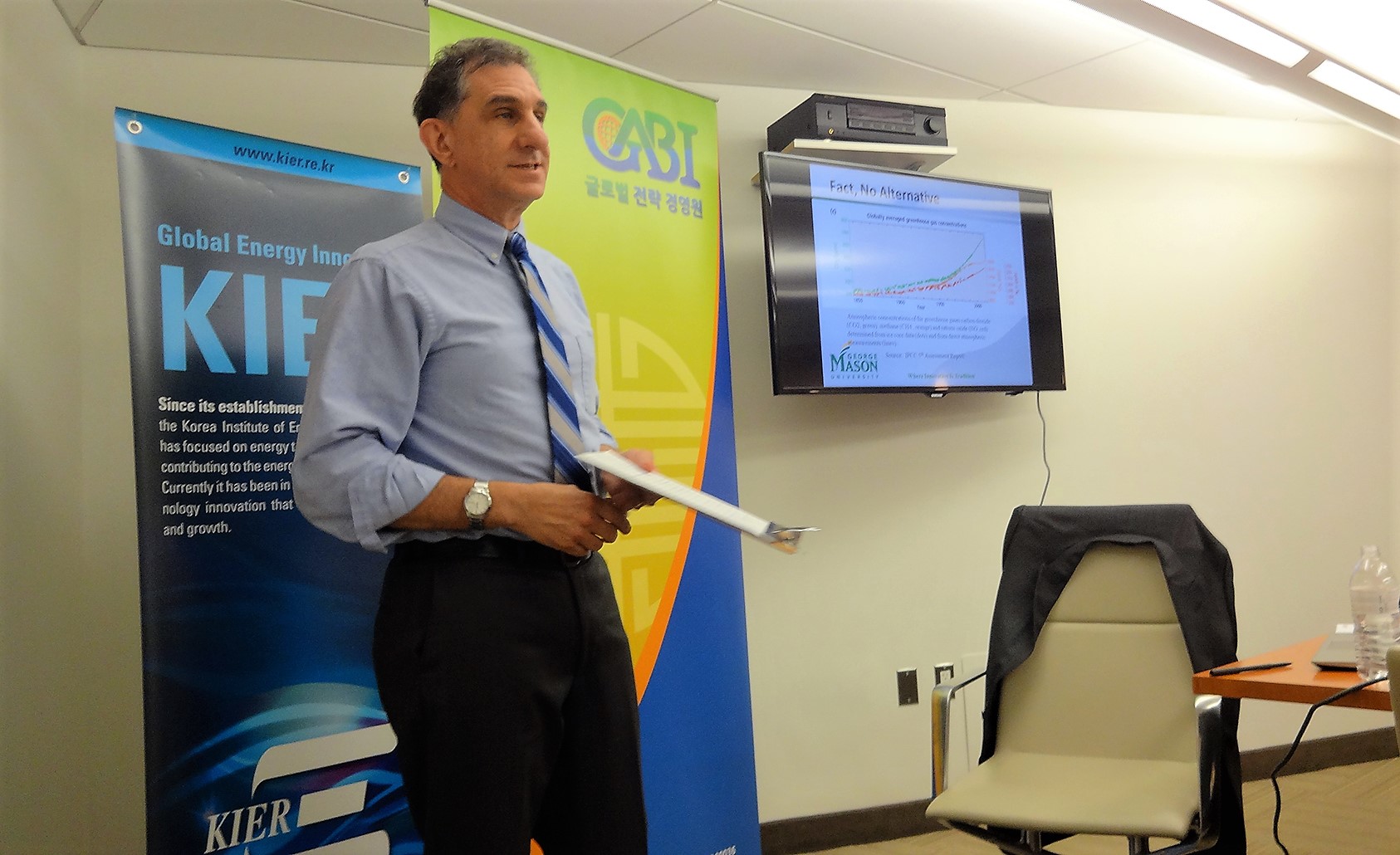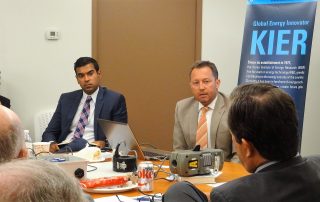While the clean energy industry in Korea has made significant strides in developing state-of-the-art technology, GABI feels that this innovation is necessary to maintain in order to further progress the clean energy industry. As newer technologies are deployed and scaled to economies of volume, costs can be lowered, and new and emerging markets can be penetrated. It is important to promote and introduce Korea’s clean technologies and green industries to global community.
Challenges and Opportunities for Community Solar Energy Models: Policy Implications Derived from the U.S. Experience
Community solar is a rapidly emerging concept that enables broader access to solar energy. Although the concept itself potentially has many variations and forms in terms of organization, all community solar arrangements share certain characteristics: co-location with consumers, multiple end users, proportionality to local needs, etc. Although community solar is one means to allow more

